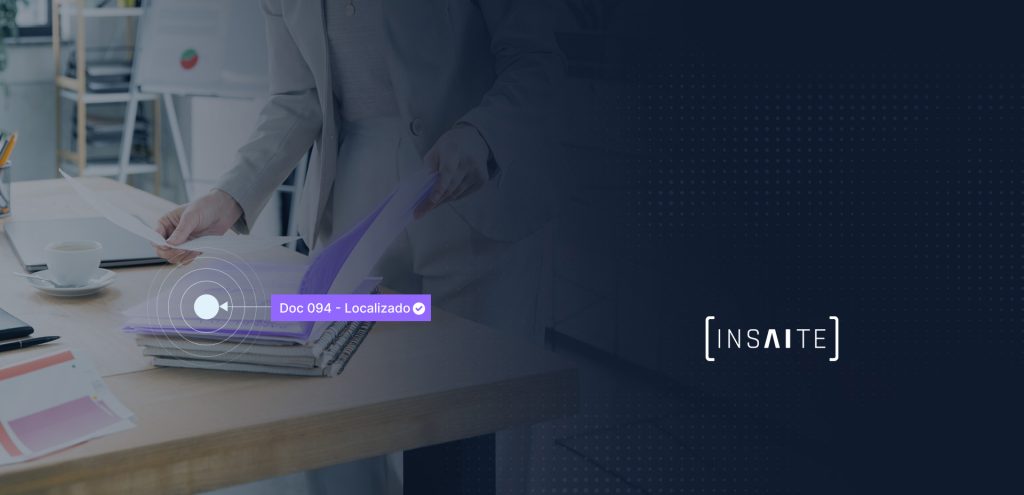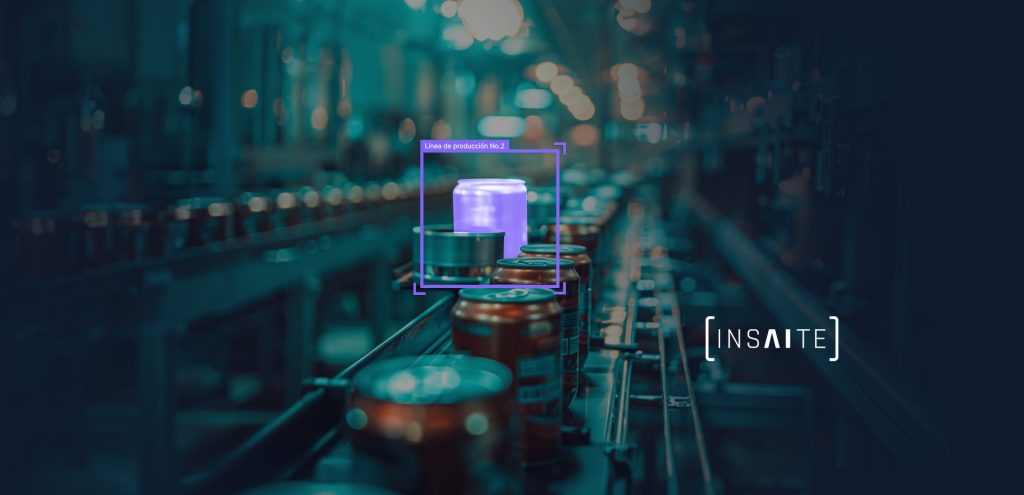The retail industry is constantly evolving, facing unprecedented challenges and opportunities. In a world where consumers demand increasingly personalized, efficient, and omnichannel experiences, companies are compelled to adapt to meet these demands.
In this context, optimizing operations and effective inventory management become crucial to staying competitive.
This is where artificial intelligence (AI) emerges as a powerful transformational force, driving sector efficiency and profitability by offering innovative, customer-centric solutions.
Types of AI for Inventory Management
In inventory management, three fundamental types of artificial intelligence are commonly employed:
Machine Learning (ML): ML algorithms analyze vast amounts of data to predict product demand, optimize inventory levels, and automate repetitive tasks.
Deep Learning: This type of AI utilizes artificial neural networks to learn from data, enabling more complex tasks such as image recognition and product classification.
Natural Language Processing (NLP): NLP enables machines to understand and process human language, allowing for the analysis of customer opinions and social media to identify trends and opportunities.
Examples of AI Applications in Inventory Management
In inventory management, AI plays a crucial role, offering solutions that enable retailers to optimize inventory levels, improve operational efficiency, and meet changing market needs. Some of these solutions include:
- Demand Prediction: ML algorithms analyze sales history, marketing data, and market trends to accurately predict product demand, helping retailers avoid inventory excess and stockouts.
- Inventory Level Optimization: AI assists retailers in determining the optimal inventory level for each product, considering demand, storage costs, and the risk of obsolescence.
- Task Automation: AI automates repetitive tasks such as order reception, picking, and inventory replenishment, freeing up employees to focus on more strategic activities.
- Image Recognition: Deep learning enables image recognition, allowing retailers to automate quality control and product classification.
- Customer Opinion Analysis: NLP can be used to analyze customer opinions and social media to identify trends and opportunities.
Benefits of AI for Inventory Management
Among the advantages that artificial intelligence brings to the retail sector are:
- Improved Accuracy: AI helps retailers improve inventory accuracy, reducing the risk of errors and associated costs.
- Increased Efficiency: Automating repetitive tasks frees up employees to focus on more strategic tasks, increasing overall efficiency.
- Cost Reduction: AI assists retailers in reducing storage, inventory, and labor costs.
- Enhanced Profitability: Improved accuracy, efficiency, and cost reduction translate into higher profitability for retailers.
Enhance Your Efficiency with AI
AI is redefining inventory operational efficiency in the retail sector. Solutions with this technology offer a wide range of benefits that can help retailers improve accuracy, efficiency, profitability, and customer satisfaction.
At Insaite, we offer a wide range of inventory management solutions, including:
- Demand Prediction
- Inventory Level Optimization
- Task Automation
- Image Recognition
- Customer Opinion Analysis
If you’re interested in learning more about how AI can improve the operational efficiency of your inventory, contact Insaite today.




